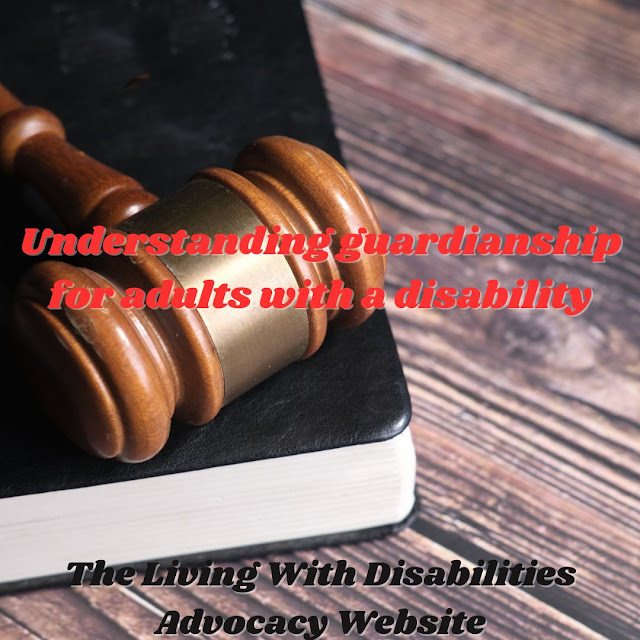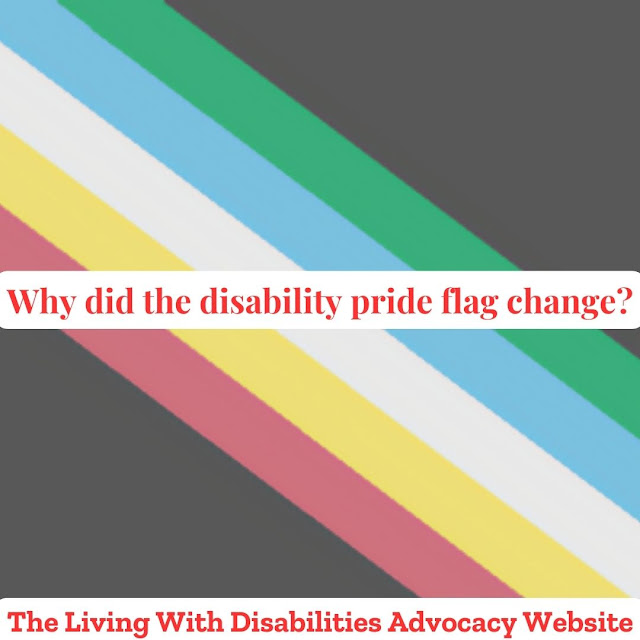The significance of medical alert supplies
Hey everyone, let's kick off this article on a high note! I'm Katrina from Living with Disabilities. You're on the Living with Disabilities advocacy website, where we aim to help people better understand the disabled community. Our main mission is to help society acknowledge the wide variety of disabilities and conditions out there. Accessibility plays a huge role in this understanding—without it, exclusion happens. This week, we're diving into the importance of medical alert supplies.
People with medical conditions, such as food allergies or neurological disorders, etc. Never leave home without a medical alert bracelet or necklace, as it plays a vital role in ensuring safety and independence for patients.
Understanding the Medical Alert System (MAS):
Medical alert systems are handy devices that let patients call for help during emergencies like falls or health issues with just the press of a button. They come in different forms, such as pendants, bracelets, or in-home units. Pressing the help button connects users to a trained emergency response operator.
Why Medical Alert Systems Are Crucial for Safety:
Medical alert systems are a vital tool for enhancing personal safety, as they enable individuals to receive help quickly during emergencies. This quick response can be lifesaving. They are especially helpful for older adults and individuals with disabilities for several key reasons.
Living with Disabilities will discuss the purpose of wearing a medical alert bracelet or necklace.
A medical alert bracelet helps emergency responders by providing critical health information, such as allergies, chronic conditions (like diabetes or seizure disorders), and medications. It ensures proper and safe treatment during emergencies when the wearer may be unable to communicate. Its purpose is to quickly share vital information, avoid harmful medical mistakes, and potentially save lives. The same applies to a medical alert necklace.
Let's Advocate to push "Dis" aside and focus more on the "Ability" here at Living with Disabilities.
If you need online support, Disability Safe Haven is great for receiving support. The We Care Team is very protective of its members and asks everyone who joins, to have a profile picture and answer the security questions.
Another online support, Living With Cerebral Palsy, is great for people with cerebral palsy and for family and friends who want to learn more about different types of cerebral palsy and how to support their loved ones who have it. This group has open and closing hours and a 24/7 chatroom. Open and closing hours are based on United States time zones.
Building friendships can be tough when living with disabilities, but groups like Disability Fun Club provide amazing opportunities to connect. The virtual space create a friendly environment to meet new people, share stories, and enjoy fun group activities together.
https://www.tcare.ai/resources/families/how-medical-alert-systems-enhance-safety-for-seniors-and-individuals-with-disabilities




Comments
Post a Comment